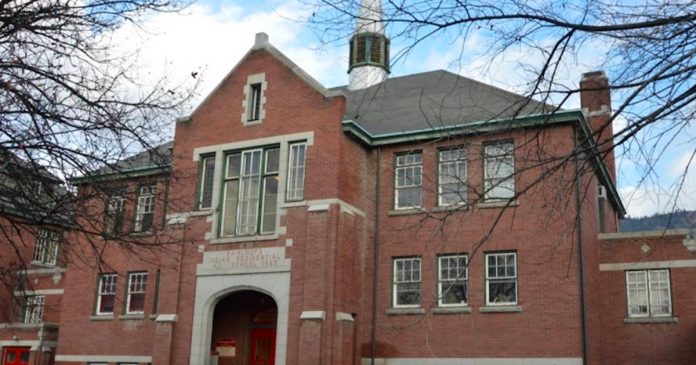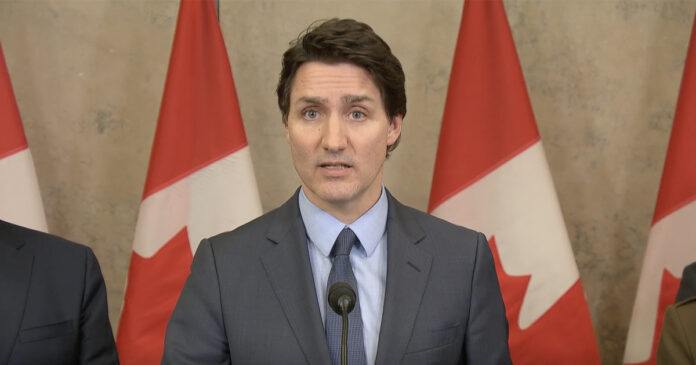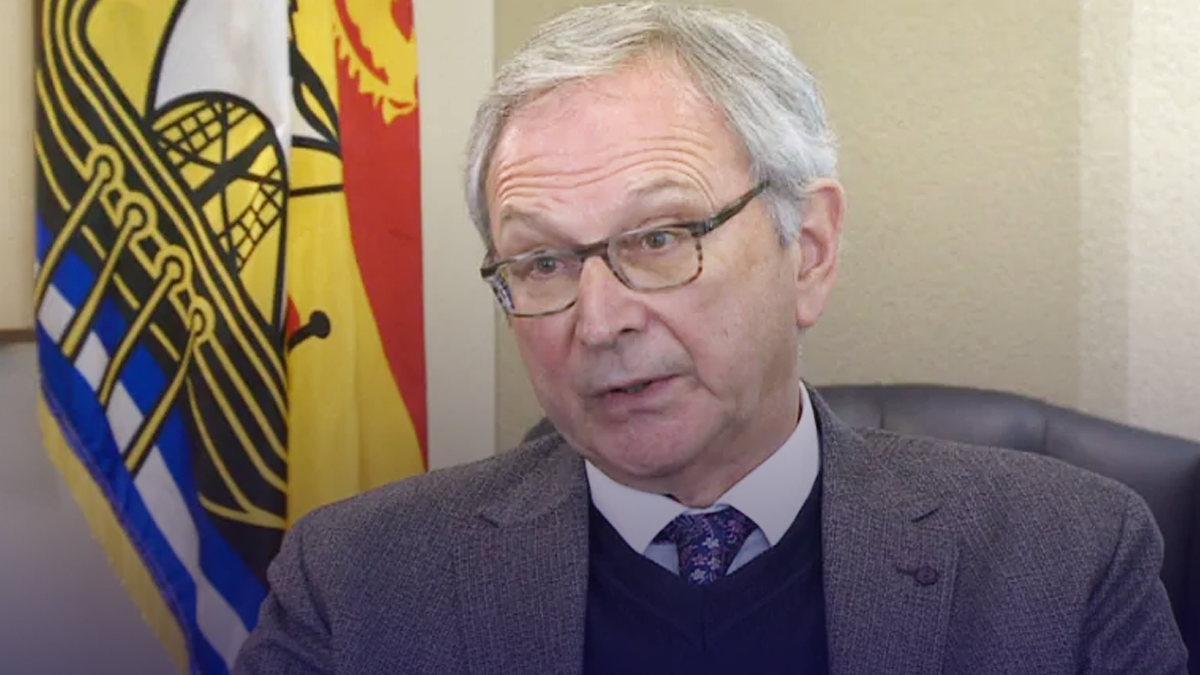Josh Matlow – a long-time Toronto politician – has distinguished himself as an unapologetically progressive candidate in the race to become Toronto’s mayor in the June 26th byelection.
The Toronto–St. Paul’s councillor has been criss-crossing the city making policy announcements for ambitious social programs meant to relieve the city’s growing unaffordability, fix the underperforming transit system, and reach net-zero climate goals through the imposition of new taxes.
Matlow’s plan to spend millions of dollars on social programs while championing progressive causes like protecting Ontario’s Greenbelt has gained enough traction to offer a substantive challenge to the other contestants, though has not siphoned off enough support from frontrunner Olivia Chow to remain competitive with her.
As mayor, Matlow pledges to spend over $400 million more in Toronto’s efforts to build more housing, reduce the cost of living, and help the city’s homeless population.
He seeks to spend $300 million to establish a financially self-sufficient municipal Crown corporation dedicated to home building called “Public Build Toronto.” This plan would see hundreds of millions of dollars of taxpayer dollars invested into this new corporation that would build affordable housing for Torontonians on publicly-owned lands.
Matlow says that Public Build Toronto would be self-sufficient and not require additional public funds, as the income generated from tenant rent would be able to operate the owned properties and build new units.
“To deliver truly affordable housing we need to move forward with Public Build Toronto, which will allow us to provide housing at cost,” says Matlow.
“The City already has the expertise on its payroll to manage housing construction – let’s put them to work for us instead of giving contracts to the private sector.”
Though Matlow’s housing plan costs nearly half a billion dollars, his platform outlines an additional $200 million to be spent on combatting the “climate crisis” in Toronto.
The money would go towards getting Toronto closer to dropping its greenhouse gas emissions to net-zero by 2040, by retrofitting homes, developing eco-friendly residential and commercial buildings, increasing the TTC’s ridership, electrifying the city’s vehicle fleet, and requiring ridesharing drivers – like Uber drivers and taxi drivers – to drive electric vehicles.
Matlow’s environmental plan would also see him do everything within his power to protect Ontario’s Greenbelt, which he says is in danger as a result of Premier Doug Ford’s introduction of legislation that would rezone the Greenbelt to build more homes.
Matlow says that Ford’s plan to build more homes is “directly threatening our food and water here in Toronto.”
“The climate crisis is the greatest existential threat to humanity,” says Matlow.
“I will invest $200 million to reduce greenhouse-gas emissions caused by how we build, move and consume so that we can move forward towards achieving our promised goals.”
To fund his spending programs, Matlow seeks new ways to raise taxes on citizens as the city’s $1.6 billion budget shortfall grows and life becomes increasingly unaffordable for Torontonians.
To fund his housing plan, Matlow seeks to save $500 million by rebuilding the eastern portion of Toronto’s Gardiner Expressway at ground-level instead of repairing the deteriorating elevated expressway.
While Matlow estimates that the city will be able to save $500 million by grounding the East Gardiner, he does not provide an estimate for the cost to demolish, rebuild and connect the road to the rest of the Gardiner and the Don Valley Parkway.
To pay for his plan on climate, Matlow seeks to introduce a parking lot tax on business owners who own a parking lot for their customers to park in. The new tax would not only raise revenues for the city, but would also disincentivize citizens from driving their car and would target the parking lots for their negative effect on climate change.
Other initiatives that Matlow has championed includes the legalization of hard drugs, keeping the Ontario Place publicly-owned, keeping the Ontario Science Centre in the Thorncliffe – Flemingdon Park area, and cracking down on cars illegally stopping during rush hour.
Matlow’s platform contains a cost breakdown for his policies that he estimates adds up to $938 million in new spending while estimating an additional $1.1 billion in city revenue.
Former Parliamentary budget officer Kevin Page publicly endorsed Matlow’s campaign for mayor, calling Matlow’s fully-costed plan “comprehensive, transparent, and forward-looking.”
Matlow brands himself as a “pragmatic progressive,” but his nearly $1 billion policy platform has not received comparable support to that of the more popular progressive frontrunner Olivia Chow.
A recent Forum Research poll shows Matlow’s support sitting at 9%, down from the 15% support Matlow had been getting in Forum’s April poll.
Matlow has been a Toronto-area politician since the beginning of the century, getting elected as a Toronto District School Board trustee in 2003, serving until he was elected to city council 2010.
Matlow became Toronto–St.Paul’s city councillor after the 2010 election and has served as their representative ever since.
In 2020, after the killing of George Floyd in Minneapolis, Minnesota, councillor Matlow tabled a motion to city council that would defund the Toronto Police Service’s budget by 10% and reallocate those funds to invest in community programs. The motion was eventually defeated.


























